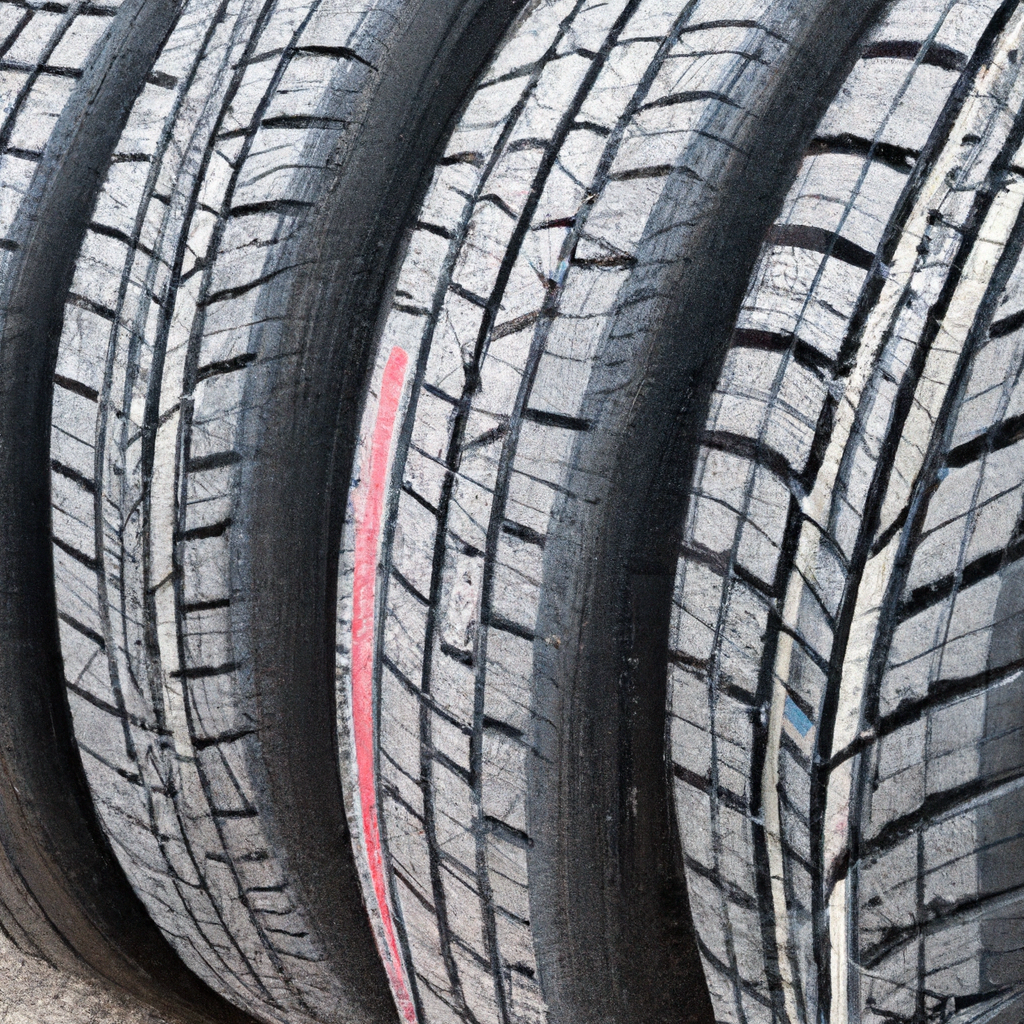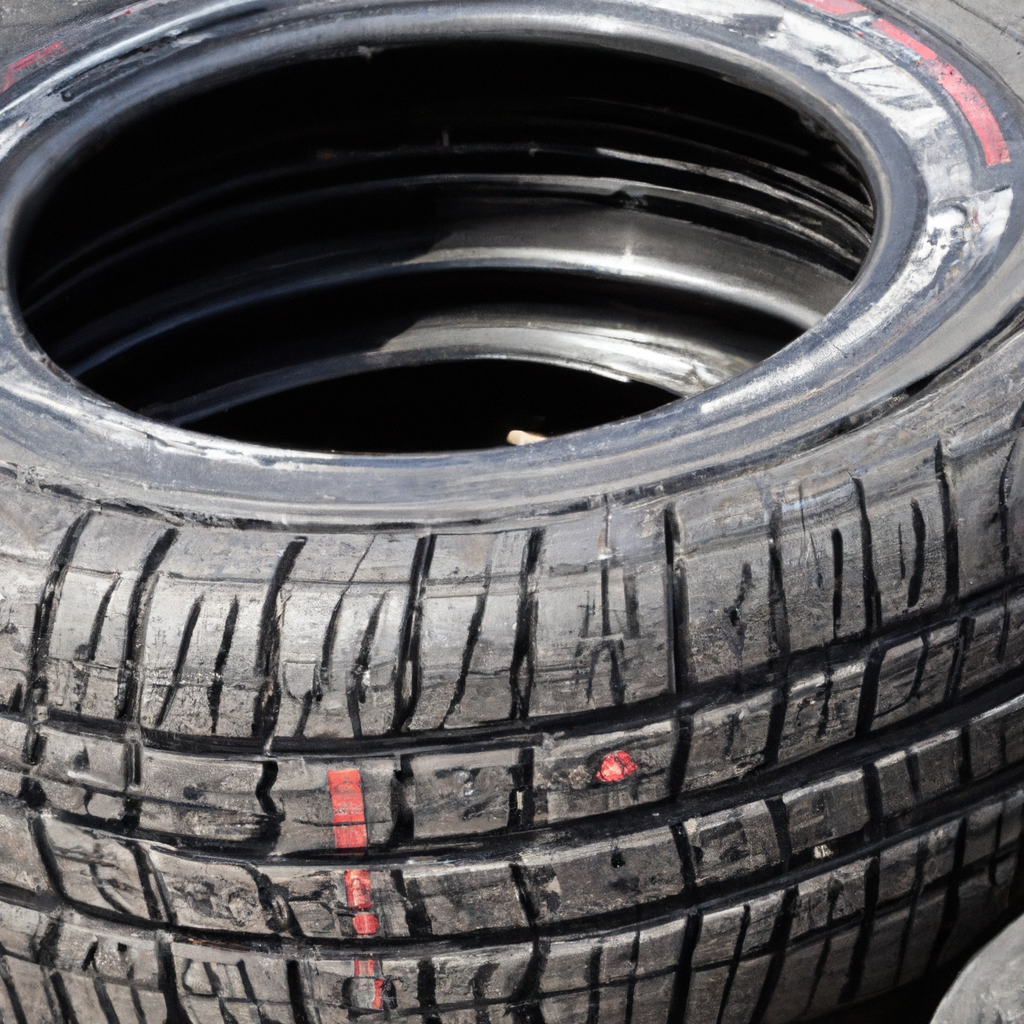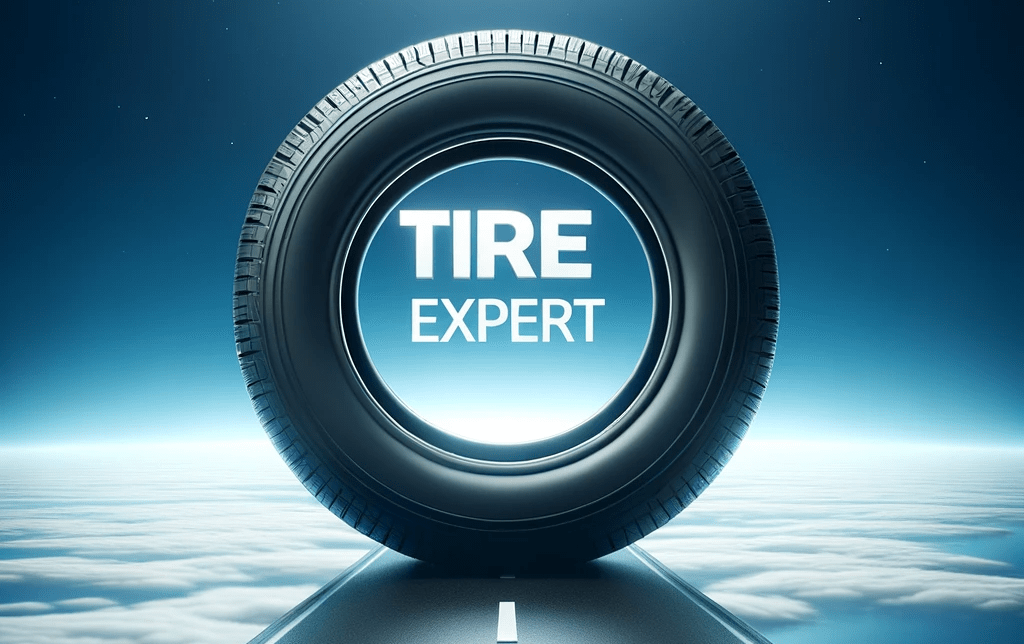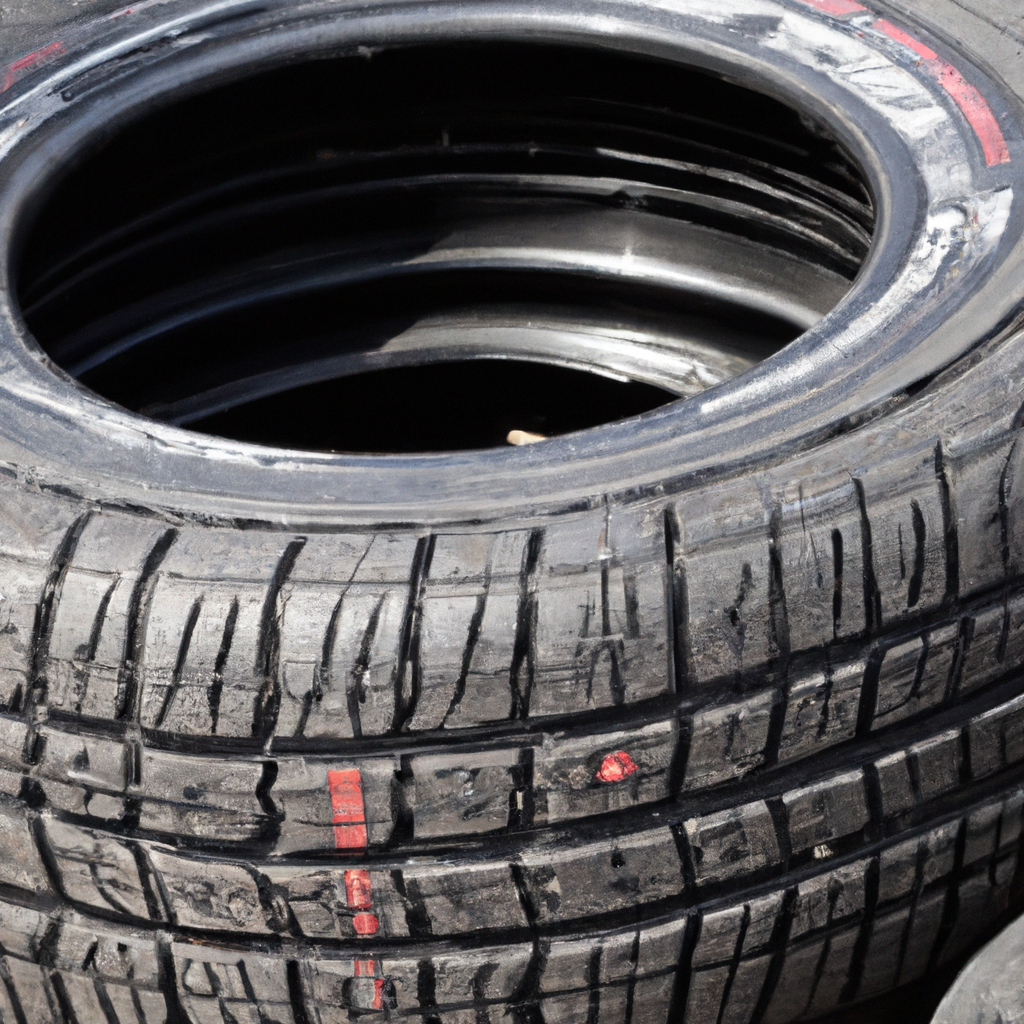Are you eagerly anticipating the arrival of summer, when the roads are clear and the weather just right for long road trips? As the temperature rises, you may be wondering if your trusty summer tires are up to the task of daily commuting and those much-awaited journeys. In this article, we will explore the feasibility of using summer tires for your everyday driving needs, whether it be the short distances to work or the longer adventures that lie ahead. So, fasten your seatbelt and join us on this tire-treading exploration! Summer tires, also known as performance tires or high-performance tires, are a popular choice among car enthusiasts and those looking for increased handling and performance during the summer months. In this article, we will explore the definition, features, and advantages of summer tires, as well as discuss the pros and cons of using them for daily commuting and long road trips. We’ll also delve into factors to consider when choosing summer tires, alternatives to summer tires, maintenance tips, legal requirements and recommendations, and expert opinions.

What are summer tires?
Definition
Summer tires are specifically designed to provide optimal performance and handling in warm and dry conditions. These tires are made using a unique rubber compound that remains flexible at high temperatures, allowing for increased grip and traction on dry pavement. They typically have shallower tread depth and larger tread blocks than all-season or winter tires, providing better cornering capabilities and enhanced responsiveness.
Features
Summer tires often feature advanced tread designs with solid ribbed centers and larger shoulder blocks, allowing for improved steering response and stability. The larger and stiffer tread blocks increase the tire’s contact with the road, resulting in better acceleration and braking performance. These tires also have a softer rubber compound, which provides increased grip and traction in warm conditions. Additionally, summer tires may feature wider grooves to enhance water dispersion, reducing the risk of hydroplaning.
Advantages
There are several advantages to using summer tires. Firstly, the optimized tread design and rubber compound offer superior handling and performance in warm and dry conditions. The increased grip and traction allow for enhanced cornering capabilities, providing a thrilling driving experience. Secondly, summer tires offer improved responsiveness, allowing for quicker acceleration and shorter braking distances. This can be especially beneficial in emergency situations. Finally, summer tires generally have a longer lifespan than all-season or winter tires, thanks to their harder rubber compound and shallower tread depth.
Pros and cons of summer tires
Advantages
As discussed earlier, summer tires offer several advantages. Their optimized tread design and rubber compound provide superior handling and performance in warm and dry conditions. The increased grip and traction allow for enhanced cornering capabilities, making them a great choice for car enthusiasts and those looking for a thrilling driving experience. Additionally, summer tires offer improved responsiveness, allowing for quicker acceleration and shorter braking distances. This can contribute to increased safety on the road. Lastly, summer tires tend to have a longer lifespan than all-season or winter tires, saving you money in the long run.
Disadvantages
While summer tires offer numerous benefits, they do have some disadvantages. One significant drawback is their decreased performance in wet, icy, or snowy conditions. The shallower tread depth and larger tread blocks that provide excellent performance on dry pavement can lead to reduced traction and increased slipperiness on wet or icy roads. Therefore, if you live in an area with frequent rain or cold weather, it’s important to consider the limitations of summer tires and explore alternative options such as all-season or winter tires.
Daily commuting with summer tires
Road conditions
When using summer tires for daily commuting, it’s important to consider the road conditions you’ll encounter on your daily route. If you primarily drive on well-maintained, dry roads, summer tires can offer exceptional performance and handling. However, if your daily commute involves navigating through wet or slippery surfaces, such as from rain or morning dew, summer tires may not be the ideal choice.
Tire performance
On dry roads, summer tires excel in terms of performance. The optimized tread design and rubber compound provide superior traction and grip, allowing for improved acceleration, braking, and cornering capabilities. This can make your daily commute more enjoyable, especially if you appreciate a sportier driving experience. However, it’s important to note that summer tires may not perform as well in wet or cold conditions, as their tread design is not optimized for such circumstances.
Safety considerations
When considering using summer tires for daily commuting, safety should always be a top priority. While summer tires offer excellent performance on dry roads, they may not provide the same level of traction and grip on wet or slippery surfaces. This can increase the risk of accidents, particularly during sudden maneuvers or emergency braking. If you live in an area with mixed weather conditions, it’s crucial to assess the safety implications of using summer tires and consider alternative options that offer better performance in diverse road conditions.
Long road trips and summer tires
Highway driving
If you’re planning a long road trip during the summer season, it’s natural to wonder whether summer tires are suitable for extended highway driving. The answer largely depends on your route and the expected weather conditions. If you anticipate driving primarily on well-maintained highways with dry surfaces, summer tires can enhance your driving experience. The increased grip and responsiveness can make long drives more enjoyable, allowing for precise handling and reduced fatigue. However, if you’ll be traveling through areas prone to rain or cooler temperatures, it’s important to take into account the limitations of summer tires.
Tread wear
During long road trips, it’s essential to consider the tread wear of your tires. Summer tires generally have a longer lifespan than their all-season counterparts due to their harder rubber compound. However, extended highway driving can cause increased wear on the tires, especially if they are subjected to high speeds and long distances without regular breaks. It’s crucial to monitor the tread depth of your summer tires throughout the trip and ensure they have enough tread remaining to provide adequate traction and performance.
Braking and handling
The braking and handling capabilities of summer tires can significantly impact the safety and overall experience of a long road trip. On dry roads, summer tires offer exceptional braking performance, allowing for shorter stopping distances and increased control. The enhanced handling capabilities can make long drives more enjoyable, especially when navigating through winding roads or sharp corners. However, it’s important to keep in mind that summer tires may not perform as well in wet or slippery conditions, increasing the need for cautious driving and adapting to road conditions accordingly.

Factors to consider
Climate
One of the most crucial factors to consider when deciding whether to use summer tires is the climate in which you live or plan to drive. If you reside in an area with predominantly warm and dry weather, summer tires can be an excellent choice, providing optimal performance and handling. However, if you experience frequent rain, low temperatures, or snowy conditions, it’s advisable to explore alternative options such as all-season or winter tires that offer better performance and safety in those conditions.
Driving habits
Your driving habits play a significant role in determining the suitability of summer tires for your needs. If you tend to drive more aggressively, enjoy spirited driving, or appreciate the enhanced handling and response of a sporty tire, summer tires may be the ideal choice for you. On the other hand, if you have a more relaxed driving style, rarely push your vehicle to its limits, or prioritize safety and fuel efficiency over performance, all-season tires might be more suitable.
Road types
Consider the types of roads you typically encounter during your daily commute or long road trips. If you primarily drive on well-maintained highways or smooth city roads, summer tires can provide exceptional performance and handling. However, if your driving involves rough or unpaved surfaces, gravel roads, or areas prone to snow and ice, it’s essential to choose tires that are specifically designed for those conditions, such as all-season or winter tires.
Alternatives to summer tires
All-season tires
All-season tires are designed to offer a balanced performance year-round, combining elements of both summer and winter tires. While they may not provide the same level of performance as specialized tires in extreme conditions, they offer better versatility and are suitable for a wide range of road surfaces and weather conditions. All-season tires can be a good alternative for those who prefer convenience and don’t want to switch their tires with the changing seasons.
Winter tires
Winter tires, also known as snow tires, are specifically designed to provide optimal traction and grip in cold weather, icy conditions, and snowy surfaces. They feature deeper tread depth, specialized tread patterns, and softer rubber compounds that remain pliable in freezing temperatures. Winter tires are highly recommended if you live in an area with harsh winters or frequently encounter challenging road conditions during the colder months. While summer tires are not recommended for such conditions, having a set of winter tires ensures your safety and confidence on the road.

Maintenance tips
Regular inspections
To ensure the optimal performance and longevity of your summer tires, it’s important to regularly inspect them for signs of damage or wear. Look for any visible cuts, bulges, or punctures on the tire’s surface. Additionally, check the tread depth using a tread depth gauge, ensuring it meets the legal requirements in your area. Regular inspections can help detect any issues early on, allowing for timely repairs or replacements if necessary.
Proper tire pressure
Maintaining the correct tire pressure is crucial for optimal performance, safety, and fuel efficiency. Check your tire pressure regularly, especially before embarking on a long road trip. Refer to your vehicle’s owner’s manual or the tire manufacturer’s recommendations for the appropriate tire pressure. Underinflated tires can lead to poor handling, reduced fuel economy, and increased tread wear, while overinflated tires can affect the ride quality and grip. Use a reliable tire pressure gauge to ensure your summer tires are properly inflated.
Rotation and alignment
Rotating your tires at regular intervals can promote even tread wear and prolong their lifespan. Consult your vehicle’s owner’s manual or the tire manufacturer’s recommendations for the recommended rotation pattern and interval. Additionally, maintaining proper wheel alignment ensures that your tires wear evenly and your vehicle’s handling remains optimal. If you notice any signs of uneven wear or handling issues, it’s advisable to have your tires and alignment checked by a professional.
Legal requirements and recommendations
Local regulations
It’s important to familiarize yourself with the local regulations regarding tires in your area. Different regions may have specific rules and requirements governing the use of summer tires, especially in areas prone to severe weather conditions. Ensure that your summer tires comply with any legal guidelines regarding tread depth, tire type, or treadwear indicators. Adhering to local regulations not only ensures your safety but also helps you avoid potential fines or penalties.
Manufacturer recommendations
The tire manufacturer’s recommendations are invaluable when it comes to choosing and using summer tires. It’s crucial to understand the specific guidelines provided by the manufacturer regarding the optimal usage, maintenance, and replacement of summer tires. These recommendations are typically based on extensive research and testing, ensuring that you get the best possible performance and longevity from your tires. Always consult the manufacturer’s guidelines for tire selection, proper inflation, rotation, and alignment to maximize the benefits of your summer tires.

Expert opinions
Tire experts
Tire experts recommend using summer tires for their unparalleled performance and handling in warm and dry conditions. They emphasize that summer tires are specifically engineered to provide excellent traction, responsiveness, and grip in such conditions, resulting in enhanced safety and driving enjoyment. However, tire experts also emphasize the importance of choosing the right tire for your needs, considering your climate, driving habits, and road conditions.
Automotive experts
Automotive experts generally agree that summer tires offer superior performance and handling on dry roads. They highlight the optimized tread design and responsive nature of these tires, which can significantly enhance the driving experience, especially for enthusiasts. However, automotive experts stress the importance of weighing the pros and cons of summer tires, considering factors such as weather conditions, road types, and safety implications. They often recommend using all-season tires for those who prioritize convenience and year-round versatility.
Conclusion
In conclusion, summer tires are a great option for those seeking enhanced performance and handling in warm and dry conditions. Their optimized tread design and rubber compound provide superior grip, traction, and responsiveness. However, it’s important to consider the limitations of summer tires, particularly in wet, icy, or snowy conditions. Daily commuting and long road trips can benefit from summer tires if the road conditions, tire performance, and safety considerations align with their strengths. Factors such as climate, driving habits, and road types should be carefully considered when deciding on the best tire option for your needs. Additionally, it’s essential to adhere to proper tire maintenance, follow legal requirements and recommendations, and consult the expertise of tire and automotive professionals. With the right considerations and proper usage, summer tires can offer an exhilarating and safe driving experience throughout the summer months.


